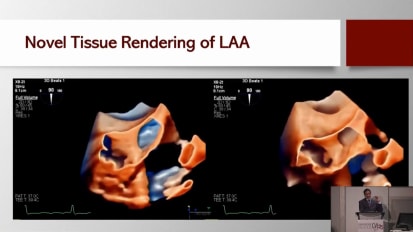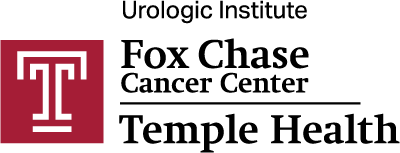Search Videos and More
 News
News
Case Study: ICU-Based Chemotherapy for High-Risk Cardiac DLBCL Patient
A 34-year-old woman with newly diagnosed mediastinal diffuse large B-cell lymphoma developed alarming cardiac symptoms during her initial hospitalization. News
News
EMR-Integrated Tool Identifies PAH Candidates Missed by Standard Referral Pathways
Pulmonary arterial hypertension is a life-threatening form of right heart failure, with poor survival when treatment is delayed. Unfortunately, because PAH has vague symptoms like shortness of breath and requires invasive testing, it typically takes 2.8 years for patients to be accurately diagnosed. Course
Course
Advanced Heart Failure Therapies: Who, When, & What
Of the more than 6 million Americans living with heart failure, approximately 10% have advanced heart failure or Stage D Heart Failure. Patients in this category should be evaluated for advanced therapy options including heart transplant and LVAD therapy. This educational activity will focus on the identification of patients with Stage D Heart Failure utilizing basic variables from history, lab data, imaging, physical exam, and current regimen. News
News
Case Study: EV-ICD and Epicardial Ablation in a 40-Year-Old Patient
A 40-year-old man presented with palpitations and dizziness that had been ongoing for several days. EMS found that he was in sustained monomorphic ventricular tachycardia and performed cardioversion to restore regular heart rhythm. In conversation with care providers, the patient recalled a prior episode of chest pain that had lasted for several days. He was brought to Temple Health for further care. Course
Course
Devices Can Play a Key Role in Managing Heart Failure
Even with gold-standard treatment, heart failure causes tremendous distress in patients, with debilitating symptoms and pain that can impact their day-to-day functioning, social relationships, and mental health. Studies have found that the quality of life for heart failure patients is comparable to people on dialysis, and five-year survival estimates are on par with some cancers. Course
Course
Cardiotoxic Therapies in Cancer Treatment: What Providers Need to Know
Thanks to advances in treatment, more people are surviving cancer and living into their 60s, 70s, and beyond. But with this increase in survival has also come an increase in cardiovascular disease for this population. As a result, providers must keep cardiotoxicity in mind as they implement treatment plans for their patients, says Eman Hamad, MD, director of Cardio-Oncology and the Advanced Heart Failure and Transplant Program at Temple University Hospital. Course
Course
The Latest in CTEPH Diagnosis and Treatment
Research has shown that around 3.8% of patients with pulmonary embolism go on to develop chronic thromboembolic pulmonary hypertension (CTEPH). But what are the risk factors, and how can providers best manage these patients? Course
Course
Cardiac Amyloidosis: What Providers Should Know About Screening, Diagnosis, and Treatment
Over the past two decades, there has been a significant increase in both the incidence and prevalence of cardiac amyloidosis. This is most likely due to improved screening and diagnosis. However, even with these advances, delayed diagnosis is common. Diagnosis typically takes two years for patients with amyloid light-chain amyloidosis (AL), and up to 7.2 years for those with transthyretin amyloidosis (ATTR), explains Temple heart failure cardiologist Carly Fabrizio, DO. Course
Course
Understanding Hemodynamic Profiles in Heart Failure
Managing heart failure requires a comprehensive approach that integrates multiple sources of information, rather than relying on a single data set, says Paul Forfia, MD, co-director of Pulmonary Hypertension, Right Heart Failure & CTEPH Program at Temple University Hospital. Course
Course
Diagnosing the Apical Variant of Hypertrophic Cardiomyopathy
A 60-year-old man with a history of hypertension was admitted to the hospital after three days of a drooping face and right arm weakness. He had no chest pain or shortness of breath, and no prior history of irregular heartbeat. However, his echocardiogram was abnormal, and his high sensitivity troponin level was mildly to moderately elevated. Doctors ordered STAT echocardiogram with saline contrast, but the initial images were perplexing – normal left ventricle function, no evidence of systolic anterior motion, and nothing to suggest an LVOT obstruction. Course
Course
Breaking Down Updated Aortic Guidelines for Echocardiographers
In 2022, the American College of Cardiology and the American Heart Association released updated aortic guidelines that synthesized some 20 separate guidelines issued by nearly as many organizations over the previous 12 years. Course
Course
Technology Update: Redefining Echocardiography Diagnostics and Education with AI, AR, and Beyond
For a photographer or videographer, it’s second nature to use lighting to get a better view of a subject. But few cardiac imagers think about moving light sources within the heart.
